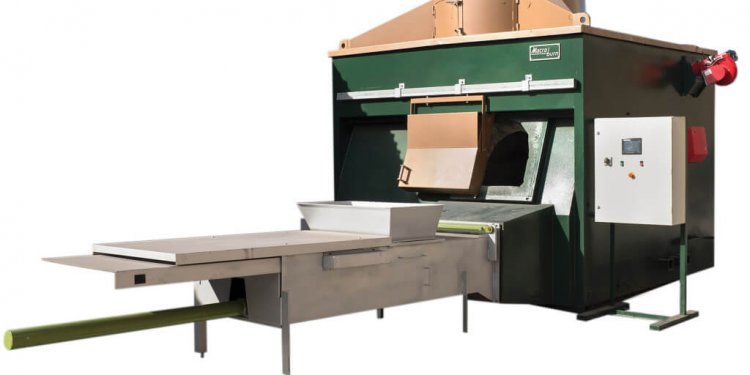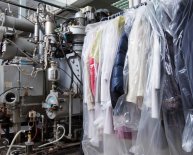
Hazardous Waste Disposal South Africa
Because the most severe impacts from waste disposal sites usually manifests on the water environment, particularly the groundwater environment, the responsibility for regulating the final disposal of waste in a landfill site was assigned in 1989 to the Department of Water Affairs and Forestry's water quality management function, in terms of section 20 of the Environment Conservation Act, 1989 (Act 73 of 1989)(ECA). No person may dispose of waste unless under the authority of a permit issued in terms of section 20 of the ECA.
Progress
Since the promulgation of section 20 of the Environment Conservation Act, 1989 (Act 73 of 1989), a total number of 400 waste disposal site permits have been issued. This figure represents approximately 52% of the general domestic refuse sites in South Africa (and excludes the approximate 15 000 communal waste disposal sites in rural areas and the industrial sites). All the commercial hazardous waste disposal sites in South Africa are now being controlled via permits in terms of the above-mentioned legislation. Nine cases of the remediation of contaminated land are currently underway and are to be controlled or cleaned-up in terms of section 20 of the Environment Conservation Act, 1989 (Act 73 of 1989) or section 19 of the National Water Act, 1998 (Act 36 of 1998).
Waste Disposal sites
Since the promulgation of section 20 of the ECA, a total number of 400 waste disposal site permits have been issued. This figure represents approximately 52% of the general domestic refuse sites in South Africa (and excludes the approximate 15 000 communal waste disposal sites in rural areas and the industrial sites). All the commercial hazardous waste disposal sites in South Africa are now being controlled via permits in terms of the above-mentioned legislation.
Nine cases of the remediation of contaminated land are currently underway and are to be controlled or cleaned-up in terms of section 20 of the ECA or section 19 of the National Water Act, 1998 (Act 36 of 1998)(NWA).
South Africa's waste stream generation
Based on the baseline studies undertaken by DWAF during 1997, South Africa's total waste stream amounts to 539 million tonnes per annum of which industrial and mining waste amounts to about 487 million tonnes per annum (90%). Non-hazardous waste amounts to approximately 50 million tonnes. Only 1% of the total waste stream (excluding the mining waste) is considered as hazardous. Waste from urban areas, domestic and trade, varies considerably from local authority to local authority depending on the socio-economic level of the community. Per capita generation is much higher in communities with a higher income.
Medical waste
The Department has taken the initiative to assist in controlling the medical waste stream in South Africa. The current policy of the Department therefore requires that all medical waste (as well as sanitary waste collected in large quantities) must be incinerated. However, if an alternative technology exist which has the...
See also:
- Fast software for market makers - https://irocket.pro/market-maker-tools by iRocket.

















